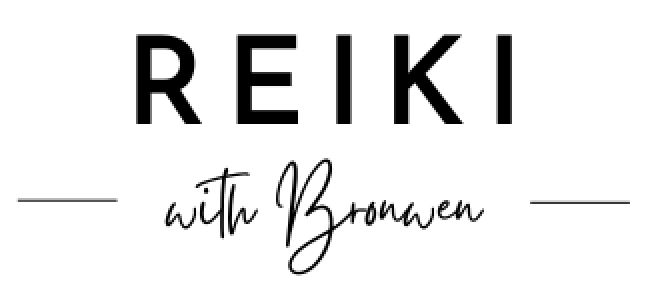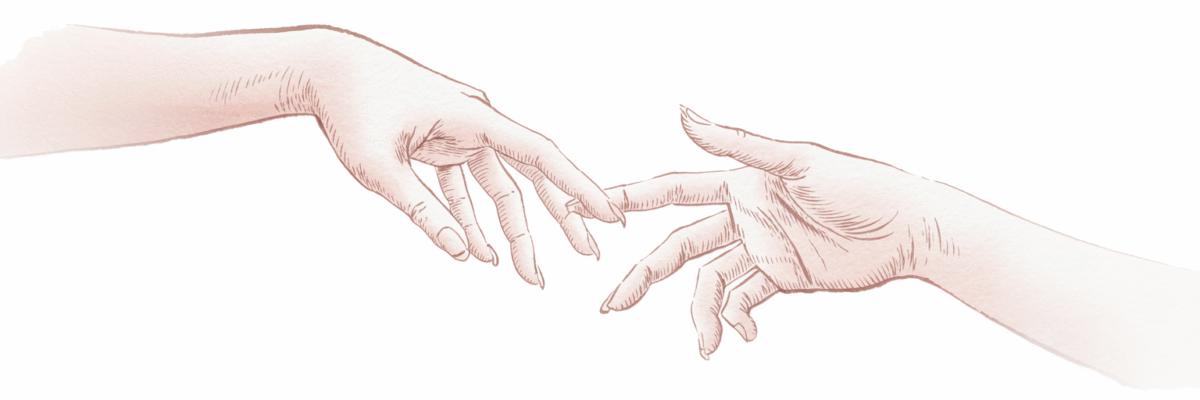
Stress Relief and its Connection to Traditional Japanese Reiki
October 24, 2023
Urban Crow Oracle Meditations: Card 11
November 3, 2023Embracing Transformation Without Drama
The language we use has power. The words we choose shape our perceptions, our feelings, and our experiences. This couldn’t be truer when it comes to our understanding of the healing process. Terms like ‘healing crisis’ have become a popular way to describe the challenging moments that can arise during periods of intense personal growth or recovery. However, such terminology might inadvertently dramatise and overshadow the holistic beauty of the healing journey.
When we talk about a ‘crisis,’ the connotation is often negative. It implies an abrupt, severe, and potentially dangerous situation. But when we delve deeper into the realm of healing, is the term ‘crisis’ truly representative of the process?
The Nature of Healing
To heal is to become whole. The root of the word ‘healing’ speaks to wholeness, unity, and restoration. It’s a process that, by its nature, invites change into our lives. Just like when we cut our finger, our body’s innate response is to immediately start the healing process. This involves a series of complex biochemical events—clotting to prevent excess bleeding, the formation of a protective scab, and finally, the regeneration of skin underneath.
While the marvel of this process is evident, it isn’t necessarily always pleasant. The cut might sting, the scab may itch, and there may be a scar left behind. Yet, we do not dub this process as a ‘crisis.’ Instead, we recognize it as the body’s magnificent ability to restore itself.
Transforming, Not Crumbling
So why, when it comes to emotional or spiritual healing, are we so quick to label the challenging parts as a crisis? True, the journey of healing can sometimes involve pain, discomfort, and facing deeply buried traumas. But these moments, however difficult, are not signs of breakdown but rather natural phases of transformation.
In the same way that our skin undergoes changes to heal a cut, our inner self undergoes shifts to achieve wholeness. This may involve letting go of old beliefs, confronting past wounds, or adopting new ways of being. It is a transition, a transformation, but not a crisis.
The Power of Perspective
Labelling these intense moments of personal growth as ‘crises’ can create unnecessary drama around them. This not only shifts our focus away from the broader healing journey but can also make these moments feel more daunting than they truly are.
Choosing to view these episodes as integral parts of our journey towards wholeness can change our experience of them. When we stop seeing them as crises and start viewing them as transformations, we give ourselves the space to experience them without the added weight of drama. We allow ourselves to flow with the process, trusting that just as a cut heals, so too will other aspects of our self.
Embrace the Journey, Without the Drama
As we move forward on our individual paths of healing, let us reconsider how we frame our experiences. Let us remind ourselves that every step, no matter how challenging, is a testament to our resilience and our innate drive towards wholeness. By reframing our perspective from ‘healing crisis’ to simply ‘healing’, we can approach our journey with a sense of trust and reverence, devoid of distracting storytelling. Understanding the distinction between a ‘healing crisis’ and genuine healing helps us remain grounded and centred in our experiences.






